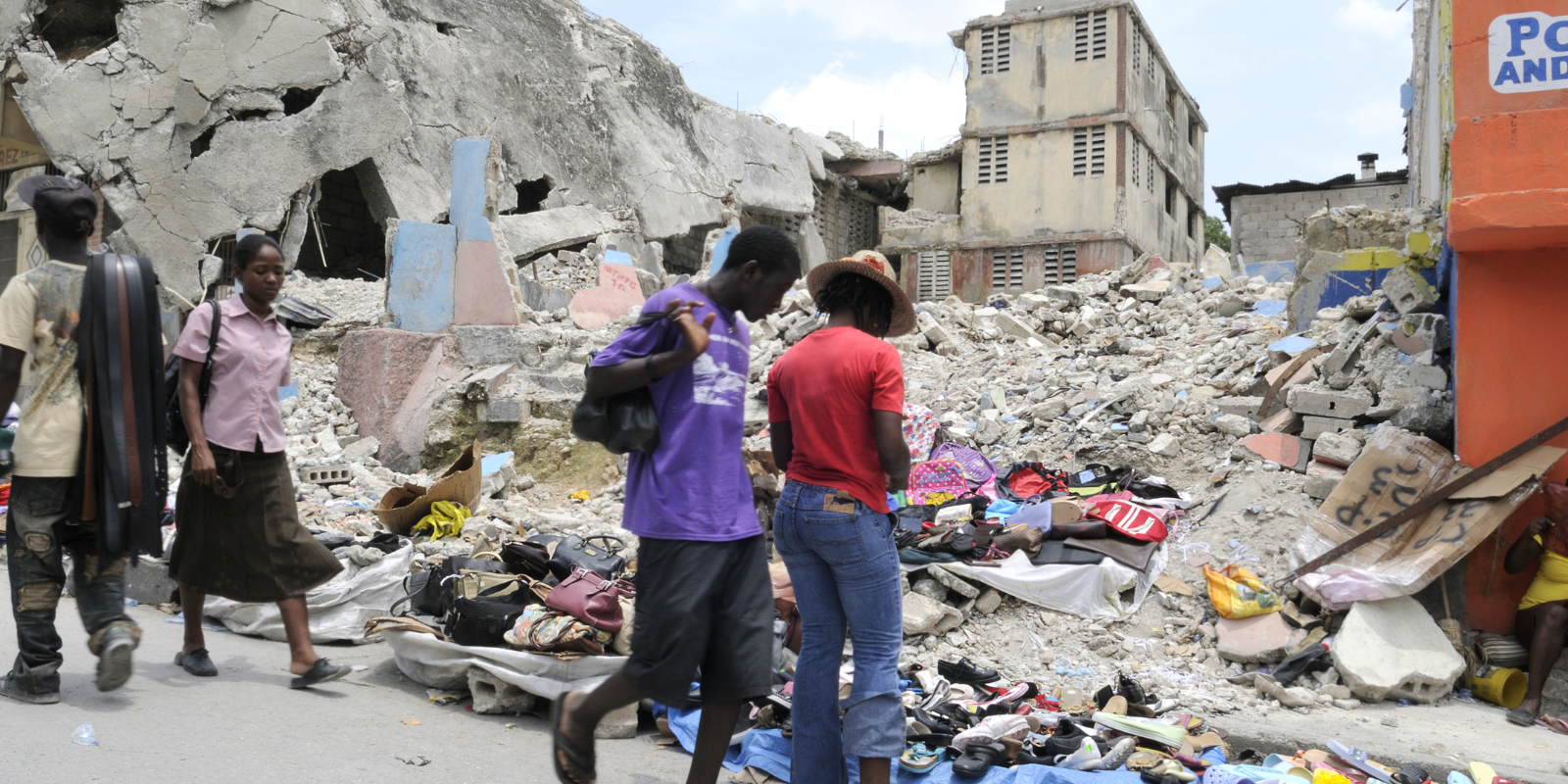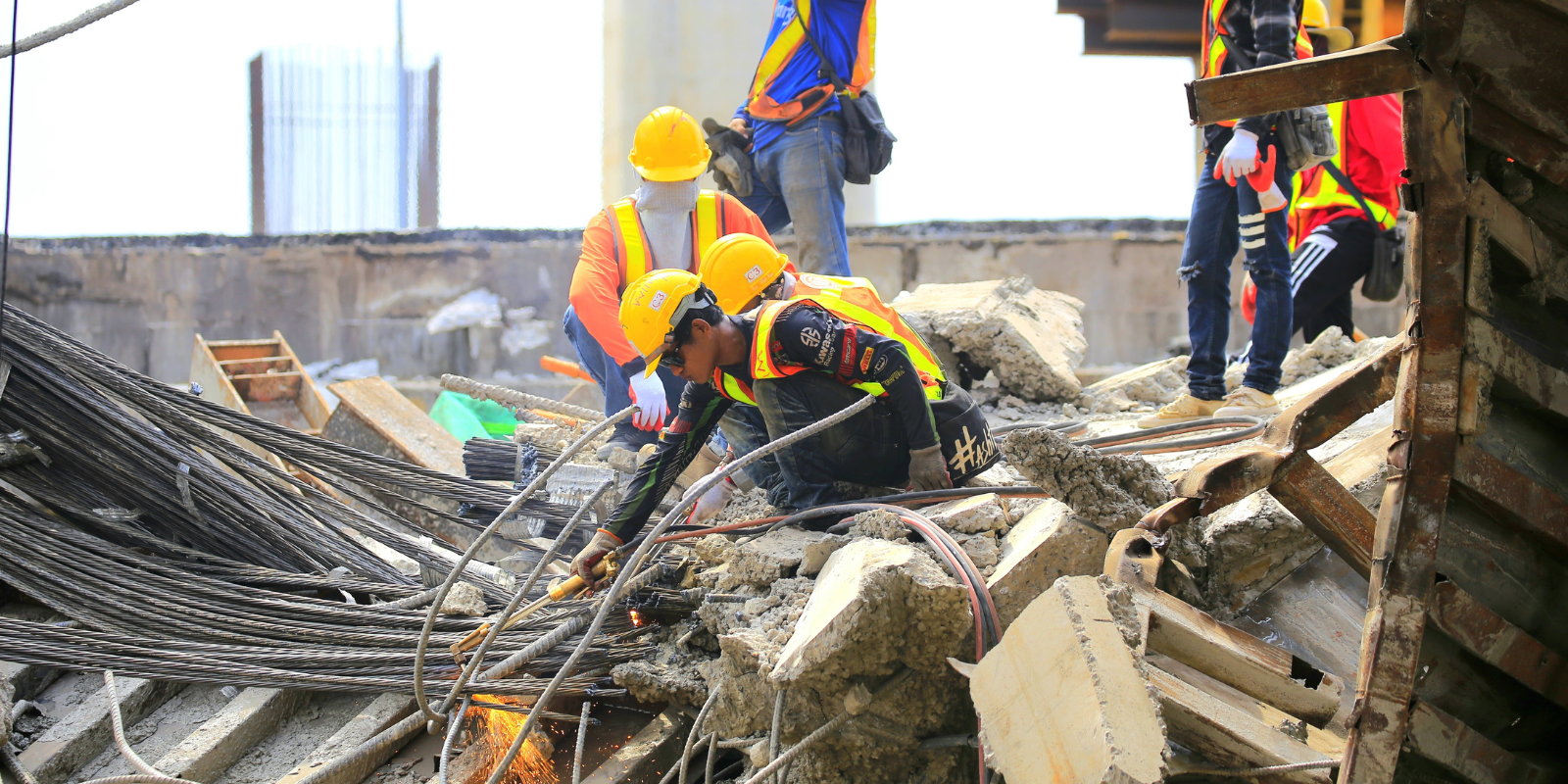Eruption of civil unrest in cities across the country has dealt society a double blow. Already immersed in a pandemic-driven world of uncertainty, fear and insecurity have been compounded with feelings of injustice, anger, sadness and despair.
It’s not surprising to Steven Berkowitz, MD, professor in the University of Colorado Anschutz Medical Campus Department of Psychiatry.
“There’s already a kindling that’s saturated with gasoline, and it doesn’t take much to set it off,” Berkowitz said, alluding to the cloud of COVID-19 followed by the uprising against police brutality after the recent death of George Floyd.
While he hopes worthy change can arise from the chaos, Berkowitz said the impact on our collective wellness can be grim. Below, he offers some insights on mentally weathering the storm.
What do we know about the effects of violent and destructive riots on the community’s well-being?
Community violence, and particularly violence directed at individuals, increases the risk of things like post-traumatic stress disorder (PTSD) and other trauma-related problems. It also leads to a great deal of despair. There’s all this destruction, and cleanup seems impossible, leading to a lot of anger and hopelessness.
And what do we know about the fallout of pandemic-forced quarantines and illness and how do the two add up?
It can have an erosive effect. It leads to people throwing up their hands and withdrawing. We were already seeing a lot of irritability, moodiness and anxiety as a result of isolation. The added issues of the rioting and our fractured society right now contribute to this sense of chaos and upset.
Dr. Steven Berkowitz
How can we keep our emotions in check when we see violence targeted at innocent people, such as responding firefighters or already struggling mom-and-pop shops?
Keeping those feelings in check is probably impossible and not necessarily a good thing. Being able to express your anger and talk about it with friends, colleagues, family, is really the most important thing you can do. It’s not the feelings. It’s how you act on them. So the best way to deal with them is to express them and talk about them, not to deny them, not to try to minimize how you are feeling. I think that’s reasonable. What’s not reasonable is to take reciprocal action in order to express your feelings. It’s not what you think; it’s what you do that matters.
What should parents say to their children, already coping with the COVID-fueled changes, about the protests?
I think it’s very important to understand there is no one answer for all kids. For younger kids, they should be shielded as much as possible. It’s very hard for them to process what is a very complex issue. A parental response can be: We are going to keep you safe, and we’ll take care of you. For older kids, say 10 and above, it is important to have an open authentic discussion about what’s going on and to be as honest as possible and to listen to different points of view. Be able to agree to disagree, but to have these discussions and do your best to help them get through what are rumors and misinformation. It’s important to not shy away from what is impacting everybody.
What about the feelings of hopelessness and helplessness; what can we do to cope during these extraordinary times?
The more you can talk and surround yourself, mostly virtually, with people to process your feelings and what’s going on is important. And one of the best ways to deal with feeling helpless, which I think many of us are feeling, is to try to do something active in response to any of this, whether that is donating to bail funds or to store owners. That can go a long way. Things like writing letters to legislators and voicing your concerns and your opinions are useful. Just don’t sit with it. Try to do something about it, whether it’s through your work or through other activities.
Just as importantly, what are some things we should not do to cope?
Certainly, one of the most common coping mechanisms that is important to be moderate about are drugs and alcohol. With all the jokes and memes that are going around about that, it’s apparent this is something we use to cope, but again, moderation is key., Being aggressive or violent or angry or irritable with those around you is something to try to keep in check. Being in a rage about everything that’s going on only makes you feel worse. So it’s important to process it as much as possible.
What else do you want the community to know about living through this time?
Things tend to change as a result of violence. The Civil War, the labor movement, the civil rights movement, the Vietnam War, are examples of that. It’s important for us to step back and to think about what it would take for us, what kind of despair or discomfort, to engage in protest and engage in violence. This does not come out of a desire to be bad or to do bad things. It comes out of a feeling of absolute helplessness. If we can get to some of the roots of that, we may have a better understanding of what’s going on for the country and for ourselves.




